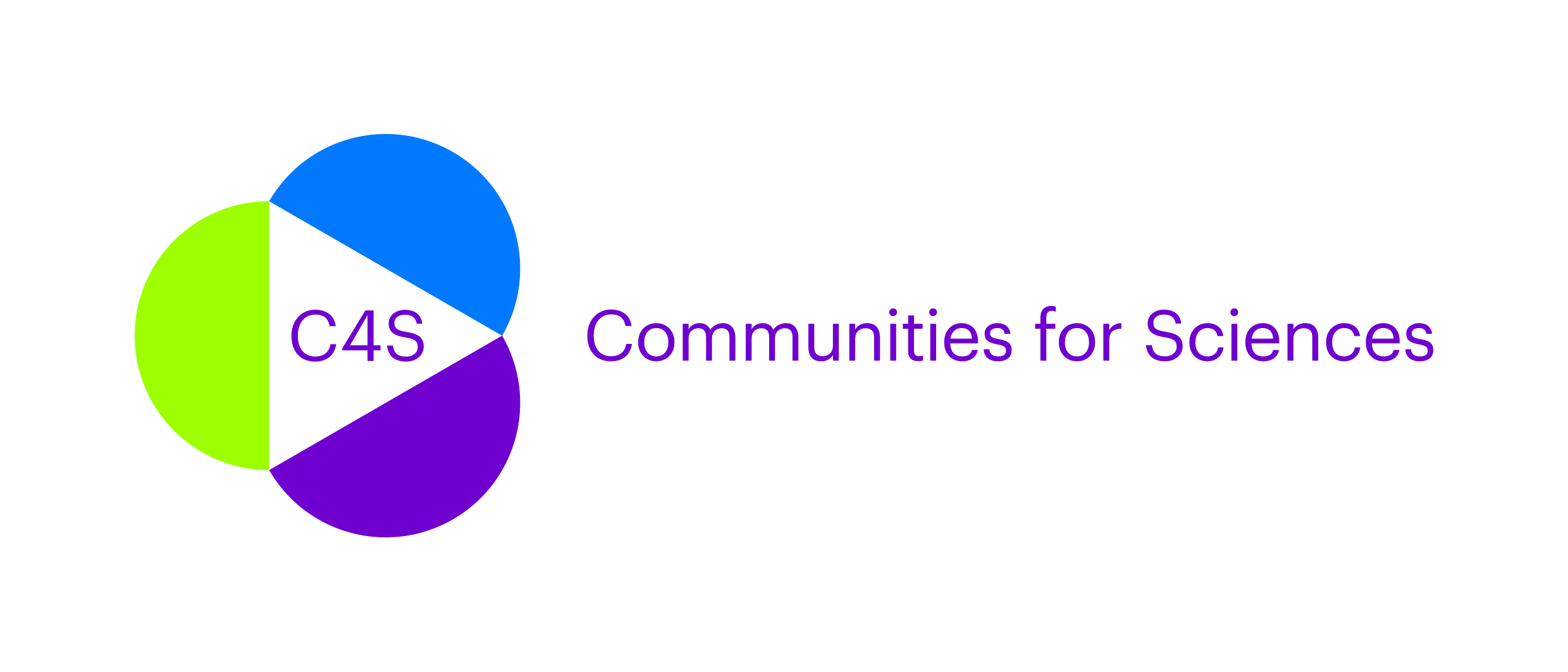partners
hubs
countries
years
C4S stands for an inclusive Science education in a context of…
POST-CRISIS CONTEXT AND THE SOCIAL PERCEPTION OF MIGRATION, ROMA PEOPLE AND REFUGEES
The current European post-crisis context has led to a situation of more socioeconomic inequalities and to the rise of xenophobic discourses (ECRI Nº15, 20162; ECRI Annual Report, 2017)3. The increase of extreme right-wing parties in parliaments and populist narratives on the one hand and of excluded communities on the other, often from immigrant or Roma backgrounds are a current concern for the EU (Eurydice Report, 20194; ECRI Nº13, 20115). The massive arrival of refugees escaping from armed conflicts (WMR, 20186; 2017 EU Annual Report on Migration and Asylum7) together with an increase of unaccompanied children through new migratory routes traversing Europe, has also heightened the discourse of fear and hate as well as increasing social prejudices towards minorities and other vulnerable communities.
GENDER DISCRIMINATION, SEXIST PRACTICES AND INTERSECTIONAL ANALYSIS, REALITIES AND DATA
Recent reports reveal that there is still great inequality concerning women’s pay gap, their aspirations to be promoted to higher positions and their access to STEAM careers. An example of this can be observed in highly feminised careers where women have a higher presence at lower levels, but the presence of women in areas of responsibility becomes progressively reduced and more men tend to be in those higher hierarchical positions as a result of discriminatory practices. In addition to this, the new media revelations that made public several cases of harassment, private control of women or public diffusion of their images through the use of new technologies, points towards the need to establish a new regulatory framework and better pedagogical programmes which can tackle issues of gender equality.
CONDITION OF PEOPLE WITH DISABILITIES AND SPECIAL EDUCATIONAL NEEDS
Every educational system must assume an inclusive perspective, by sharing discovery and learning experiences and focusing on attentional processes, interactional skills and pro-social behaviours. According to the UN and WHO sets of goals and to the European Disability Strategy 2010-2020, this perspective involves redesigning the learning environment in its manifold aspects (physical, relational, social and cultural), to grant accessibility, activities and participation. Indeed, the UNCRPD points at “Universal Design” as a viable strategy to meet specific needs in a sustainable way. The EU States recognize the right of disabled people and SEN to education, without discrimination and on the basis of equal opportunities, taking appropriate measures to facilitate their participation in education and as members of communities. In this context, creating a wide network of educational partners is a challenge and a strategic goal that can help define innovative and inclusive guidelines and action plans.
THE FOSTERING OF PLURALISM, SOCIAL COHESION AND INCLUSION IN EUROPE
The current context in the EU leads to new challenges and highlights the need of establishing new regulatory frameworks and policies to encourage the social cohesion of a plural European society. To do so, it is also important to work in terms of educational institutions (schools, nurseries, etc.) so that at a very early age, future European citizens have competences and skills to be able to detect and reject the discourses and practices of fear and hate towards vulnerable groups. It is equally salient to redress discriminatory practices in favour of coexistence and social equities within a European context. This becomes especially important in the current globalised world where diverse and complex societies are widespread realities in the EU. Moreover, as a result of this, children from vulnerable groups often find either unequal social and/or economical settings to adapt to the so-called 4th industrial revolution and thus have difficulty in finding professional and educational ways to access (or to be visible in their) STEAM jobs in equal conditions.
